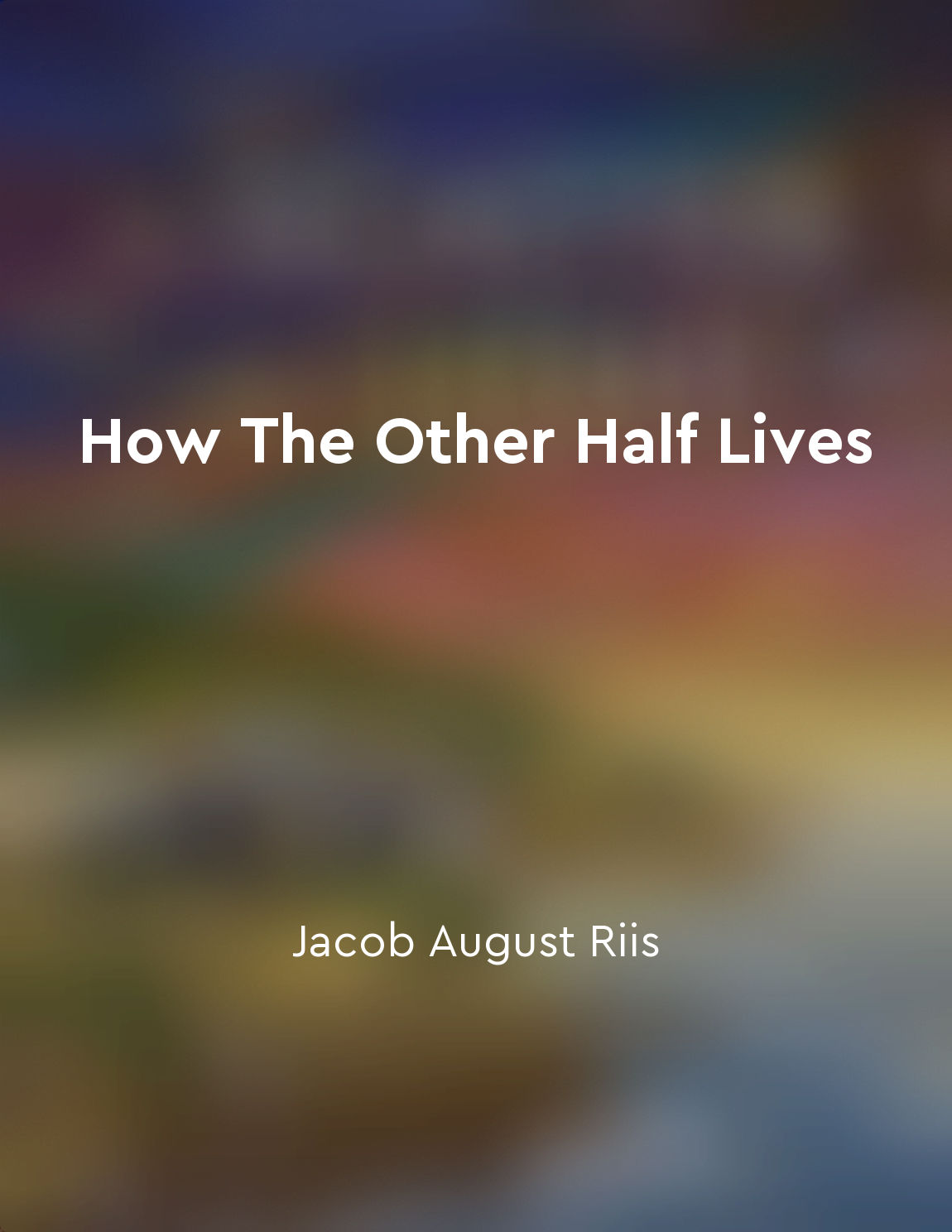Audio available in app
Crime is a societal problem from "summary" of Crime Without Punishment by John L. McClellan
Crime is not just a solitary act committed by an individual; it is a complex issue that arises from various societal factors. It is a problem that does not exist in isolation but is deeply intertwined with the social fabric of a community. When we view crime through a societal lens, we begin to understand that its roots go much deeper than the actions of individual perpetrators. Crime is a reflection of the larger social structures and inequalities that exist within a society. It is a symptom of larger systemic issues such as poverty, inequality, lack of access to education and healthcare, and discrimination. These factors create an environment where crime can thrive, as individuals may feel marginalized, desperate, or hopeless. Furthermore, crime affects not just the individuals directly involved, but the entire community as a whole. It creates a sense of fear and insecurity, leading to a breakdown of trust and cohesion among community members. This can further exacerbate the cycle of crime, as individuals may feel disconnected from their community and more likely to engage in criminal behavior. In order to truly address crime, we must recognize that it is a societal problem that requires a collective response. This means addressing the root causes of crime, such as poverty and lack of opportunity, as well as implementing effective prevention and intervention strategies. It also means fostering a sense of community and social cohesion, where individuals feel a sense of belonging and connection to one another. By viewing crime as a societal problem, we can begin to shift our focus from punishment and retribution to prevention and rehabilitation. We can work towards creating a society where crime is less prevalent, and where individuals have the support and resources they need to lead fulfilling and productive lives. Crime is not just an individual act; it is a reflection of the larger social issues that we must address collectively.Similar Posts
Western leaders lack the will to defend their culture
The leaders of the Western world today lack the necessary resolve to stand up and protect the culture that has been passed down...

The War on Drugs disproportionately targeted minority communities
The War on Drugs was a campaign that had severe consequences for minority communities in the United States. While ostensibly ai...

Sweatshops
The dark, cramped rooms crammed with rows of weary workers, bent over their machines like slaves in a sweatshop, are a common s...
Prevention is key in reducing crime rates
The most effective way to address the issue of crime is through prevention. By focusing on preventing crimes from occurring in ...
Media portrayals of crime often distort reality
Many media portrayals of crime are sensationalized and exaggerated, leading viewers to believe that acts of violence and crimin...
The idea of the "career criminal" is a myth
The concept of the "career criminal" is a pervasive one in society, often perpetuated by the media and popular culture. This id...
Punishment sends a clear message to potential offenders
Punishment serves as a powerful tool in deterring potential offenders and preventing future crimes. When individuals witness ot...
Punishment serves as a deterrent to crime
The belief that punishment serves as a deterrent to crime has long been ingrained in our society. It is a concept that has been...
